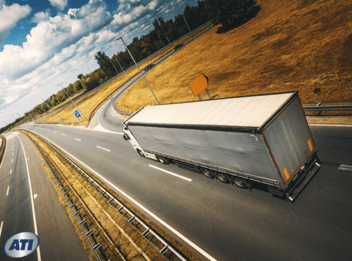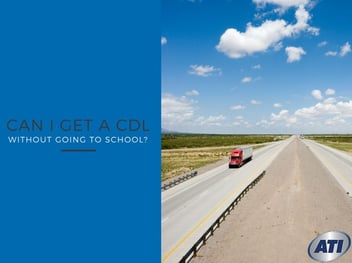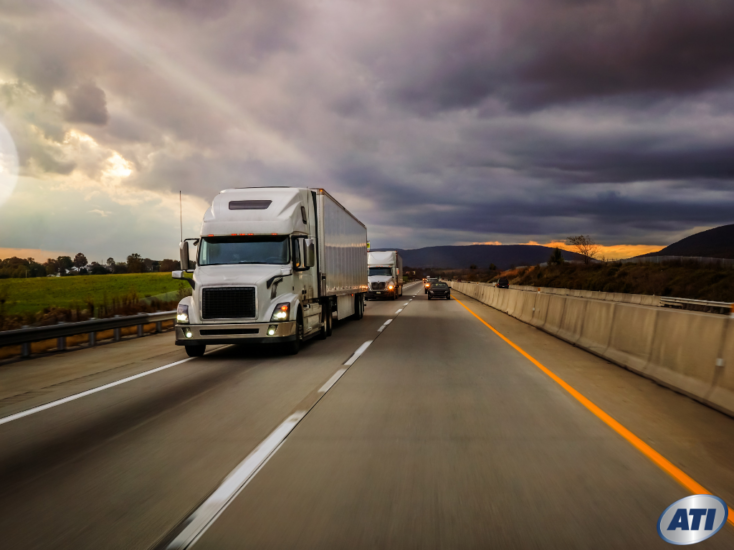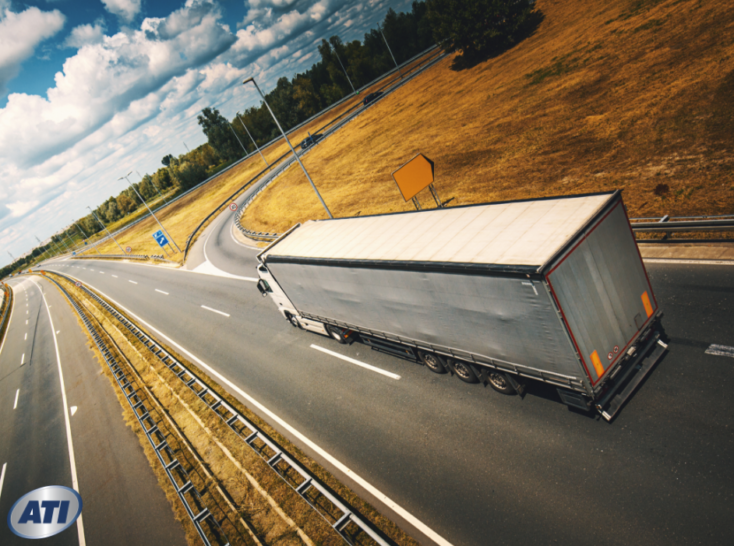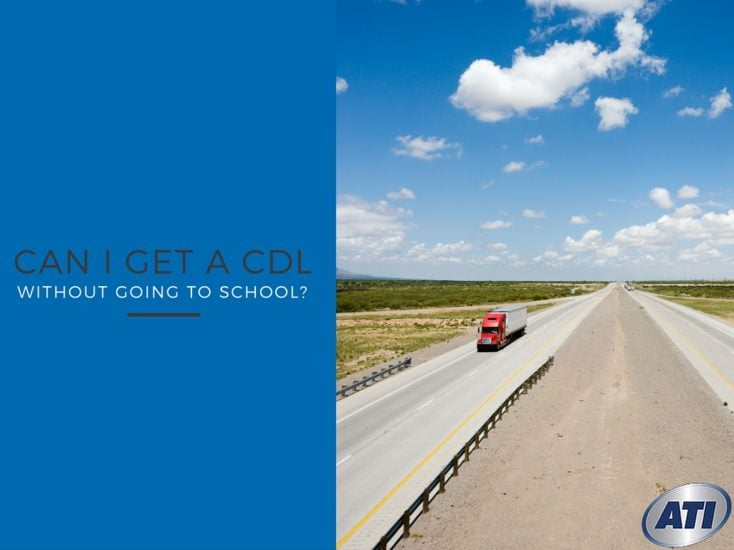What Jobs Can I Get with a CDL in Hampton Roads, VA?
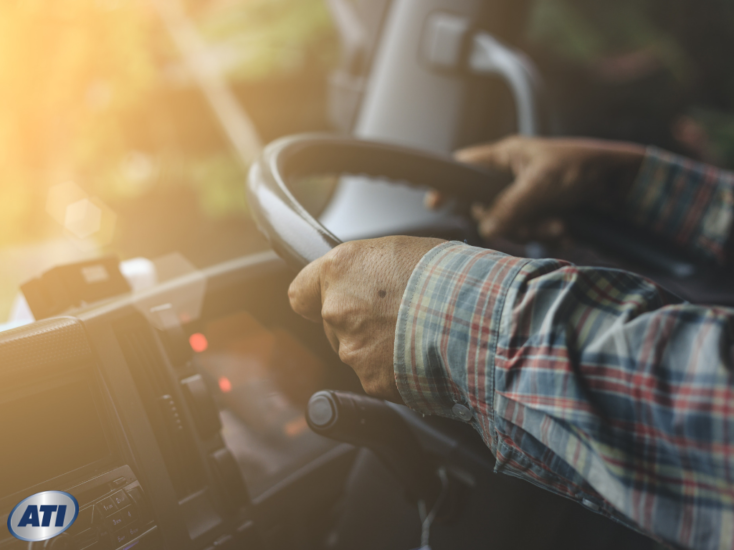
Is it time to make a big change in your life? Maybe you’re just graduating high school and looking at different options or maybe you’ve been working retail for the last ten years and you’re ready for something new, something big.
Whatever the case, one great career move that is easy to do and can open a great many doors is obtaining your CDL. Continue reading to learn more about what a CDL training program is and how it can help you discover new career opportunities in Hampton Roads, Virginia:
The Basics of What is a CDL
CDL stands for Commercial Driver’s License and is awarded to those who have proven their adeptness at maneuvering large vehicles like, but not limited to, semi-trucks. In fact, while many people pursue a CDL do so with the intent of being an over-the-road truck driver, it certainly is not the only profession open to graduates. CDLs are versatile and open many doors to graduates with plenty of high-paying jobs.
Types of Jobs Available to Those with a CDL
A few of the available jobs open to those who have obtained their CDL include:
- Bus driver. Enjoy being around people? With a CDL you can drive a bus as well as a semi-truck driver, and it doesn’t just have to be a city bus. Public school buses, private organizational busses, and cross-state transportation buses all require a CDL for operation.
- Cement, concrete production, and other heavy equipment. Most heavy equipment vehicles also require a CDL to operate. So if what you have always wanted to do was work in construction and help see things get built, then you’ll appreciate this avenue.
- Highway maintenance technician. A highway maintenance technician is another job in which heavy equipment is heavily involved. A few of the responsibilities of this job include equipment management, debris removal, fence repair, sign repair, and road construction, maintenance, and repair.
- Terminal manager. While not strictly required, most terminal managers have their CDL and experience driving big rigs. It’s because of that experience they are promoted to terminal manager where their job is overseeing current drivers, monitoring terminal functions, and making sure all operations go smoothly.
- Dispatcher. Dispatchers are those on the opposite end of the radio channels that take driver and customer information and send out the needed details and directions to company drivers. They record info, track vehicles, and are the vital connection between drivers and clients.
Type of Training Included in Obtaining a CDL
There are two different types of CDLs:
- Class A CDL; Which is required to operate any vehicles with a weight of 26,001 pounds or more, or or towing a weight over 10,000 pounds. This type of license is the one needed by any person looking to drive a semi-truck or similar large rig.
- Class B CDL; Which is required to operate any vehicle with a weight of 26,0001 or more. This is the commercial driver license required for many of the other types of heavy equipment vehicles like buses, delivery trucks, and garbage trucks.
Just as with a regular driver’s license, CDL applicants must pass both a written test and an actual driving test. When undergoing training at a CDL course, most courses will work to prepare you for both of these aspects via a classroom module and a driving module. In this way, students learn both the recommended techniques of driving and how to apply those techniques in real-world scenarios. In training for their CDL, students can expect to:
- Have hands-on time driving a truck. A great program will have a variety of vehicles for students to test drive at their practice facility and on the road.
- Organizing trips and routes. While many companies today will have their own GPS systems they require their drivers to use, it’s still important for students to learn how to best organize trips and read maps, as well as learn how to best navigate roadways while driving a large vehicle.
- Detect and identify maintenance issues. A part of the coursework for a CDL will also include how to maintain commercial vehicles and their engines and how to detect when there is an issue that needs to be remedied before continuing.
- Advanced driving techniques. In addition to basic backing up, turning, and hooking up trailers, CDL students will get training in advanced driving techniques like hydroplaning, skid avoidance, and breakaway trailer.
Ready to Get Started on Your CDL? Learn How at Advanced Technology Institute
So, are you ready to get started on earning your CDL and transforming your life by entering a new career path? Then now is the time to learn more about the Tractor-Trailer Diving program at the Advanced Technology Institute (ATI) and how it can best prepare you for applying for and earning your CDL this year.
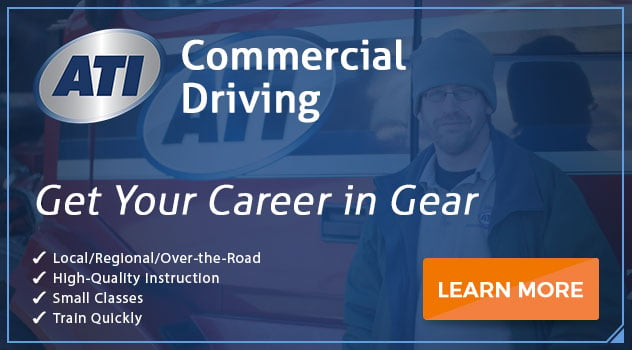
Industry Knowledge
Welcome to the Advanced Technology Institute's Blog, your resource for industry insights and discussions on technologies shaping the future of automotive, heavy vehicle, hvac, welding, and other related career paths.
Explore how ATI's curriculum and hands-on learning opportunities can propel your career in the tech-driven world.

